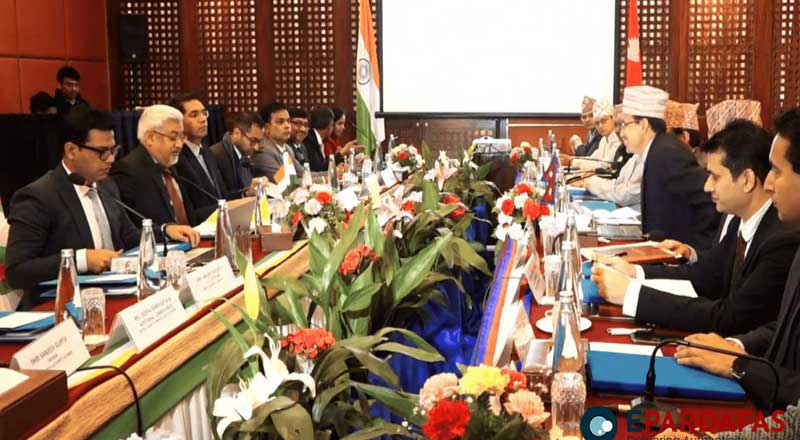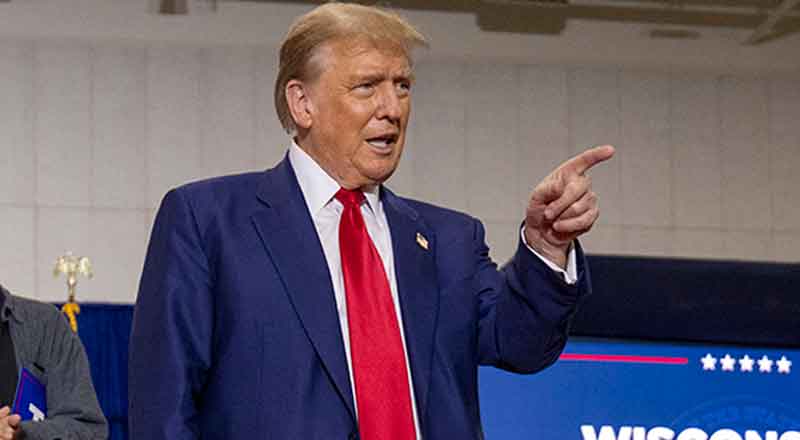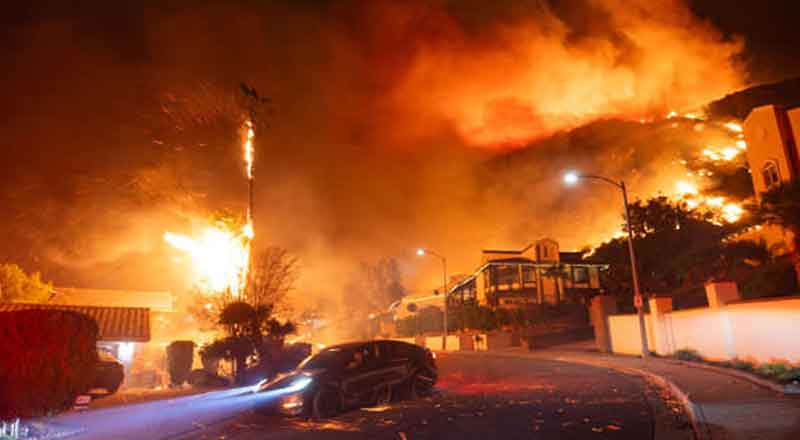- Bola Tinubu has been declared the winner of Nigeria’s presidential election, despite early demands from rivals for a re-vote.
- Tinubu received 37 percent of the votes, or nearly 8.8 million, while main opposition candidate Abubakar won 29 percent with almost 7 million.
- There were 18 presidential candidates – 17 men and one woman – running in this year’s Nigerian election.
- The two leading opposition parties rejected the results and expected to take their appeals to court.
- Nigeria’s economy has been going through a torrid time and voters will be hoping a new president can turn things around for the country’s 213 million people.
Bola Tinubu has been declared the winner of Nigeria’s presidential election, despite early demands from rivals for a re-vote . Mr Tinubu, who ran for the ruling All Progressives Congress party, received 8,794,726 votes, while Atiku Abubakar from the People’s Democratic Party came in second with 6,984,520. Tinubu received 37 percent of the votes, or nearly 8.8 million, while main opposition candidate Abubakar won 29 percent with almost 7 million.
Third-place finisher Obi according to the results announced on live television by the Independent National Electoral Commission. The Labour Party’s Peter Obi, described as a wildcard who had been appealing to younger voters, finished third with 25 percent , about 6.1 million, according to the results announced by the Independent National Electoral Commission.
There are more than 175,000 registered polling units across the country, manned by 1.3 million election officials. There were 18 presidential candidates – 17 men and one woman – running in this year’s Nigerian election. The two favourites were ruling All Progressives Congress party candidate and former governor of Lagos, Bola Ahmed Tinubu, and the main opposition candidate Atiku Abubakar – a former vice president who represents the People’s Democratic Party.
The two leading opposition parties reject the results, have said that delays in uploading results left room for irregularities and Mr Abubakar and Mr Obi are expected to take their appeals to court. Nigeria’s election was meant to be its fairest and most open contest to date. But the electoral process encountered problems owing to new technology that did not function well and seemed to overwhelm Nigeria’s notoriously inadequate communications network. Because of these failings, the main opposition parties of Atiku and Obi have rejected the results as fraudulent. The rivals have three weeks to appeal the results. The victorious All Progressives Congress party said they should accept defeat and not cause trouble.
Nigeria’s economy has been going through a torrid time and voters will be hoping a new president can turn things around for the country’s 213 million people. The Nigerian economy has taken a beating during the last eight years of incumbent President Mohammadu Buhari’s administration. Inflation has more than doubled, economic growth has slowed to 1.1% annually and oil production has nearly halved. Fuel adulteration has given way to scarcity, as lines for petrol and diesel mark many petrol stations in major cities. The incumbent president, Mohammadu Buhari, is stepping down after two four-year terms.





